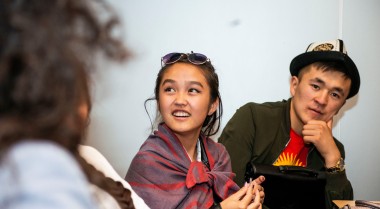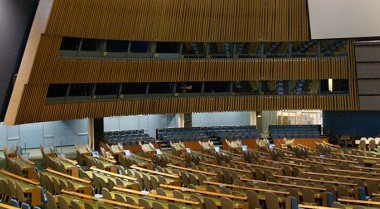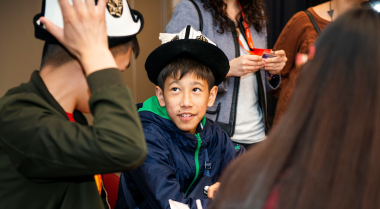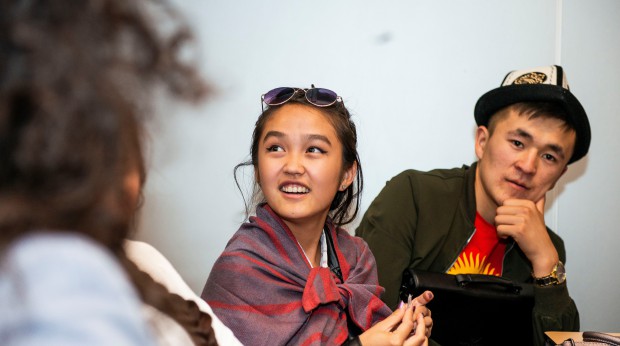Best Practices in Financing for Peacebuilding: Ensuring local ownership in Kyrgyzstan
It’s like listening to a song on repeat. International actors reiterate over and over again the importance of ‘local ownership’ and ‘meaningful civil society participation’. But how does the international community support the work taking place in various countries and territories? What does the support for local ownership mean in reality, beyond words?
It means that opportunities are created for local peacebuilders to lead in finding solutions to their context-specific problems based on their own experiences. They should take on a leading role in all stages of the project cycle: from development to implementation and evaluation. After all, they know best. Local peacebuilders are best placed to identify the needs of communities and are flexible enough to react quickly to changing local realities.
Allocating roles to achieve real change while ensuring local ownership and sustainability
The Foundation for Tolerance International (FTI), a GPPAC member located in Kyrgyzstan, is one of the most experienced local civil society organisations in Central Asia. The experience and understanding of the local realities by FTI staff were instrumental in the successful implementation of the GPPAC-FTI joint project “Cameras in Hands: Transformation and Empowerment of Kyrgyzstani Girls and Boys”, supported by the UN Peacebuilding Fund.
Taking the lead in the implementation of a project compatible with the expectations of the major peacebuilding funds and donors requires capacities. Not only to develop and implement the project for it to produce expected results but also to carry out massive administrative burdens. This includes the capacity to consistently monitor the progress and evaluate the extent to which the projected outcomes are achieved, comply with complicated reporting requirements and ensure visibility beyond national borders.
“The availability of the GPPAC Project Coordinator freed up a considerable amount of time for FTI staff to develop content, better support the project participants, and engage meaningfully with local decision-makers.”
- Kateryna Gryniuk, GPPAC Project Coordinator
This is one of the reasons why GPPAC and FTI joined their efforts in implementing the project, together with another network member, the organisation Middle East Nonviolence and Democracy (MEND), located in Palestine. MEND had pioneered the participatory video methodology within the GPPAC network, an innovative tool which was at the heart of the project. The partners were engaged in all stages of the project cycle through their allocated responsibilities.
FTI took the lead in planning and implementing all activities in Kyrgyzstan. The GPPAC Global Secretariat took the lead in reporting, monitoring and evaluation, and enhancing international visibility through organizing an advocacy visit as well as translating and communicating internationally direct results of the project. MEND provided methodological support.
This model of complementarity and mutual support created a strong sense of ownership and commitment from the start and brought about impressive results: young project participants became agents of positive change and made their vision of a peaceful future heard by decision-makers in and outside their country.
“Being part of a global network allows us to raise our voice at the global level, such as with the UN. We also know that, as being part of a network, we always have people behind us.”
- Tajykan Shabdanova, FTI Director
What can we learn from the FTI-GPPAC partnership?
The effective allocation of roles based on complementarity and mutual support between GPPAC and FTI led to maximising project effectiveness and impact. Having FTI lead in Kyrgyzstan ensured local ownership and sustainability. The successful partnership approach between GPPAC and FTI shows how roles can be allocated with local peacebuilders being in the lead, finding real solutions to their context-specific problems. They are the experts. They know what the problems are and it’s them who build sustainable peace. And while they are busy doing that, GPPAC supports them with overcoming the administrative burdens and making their efforts visible to the international community.



